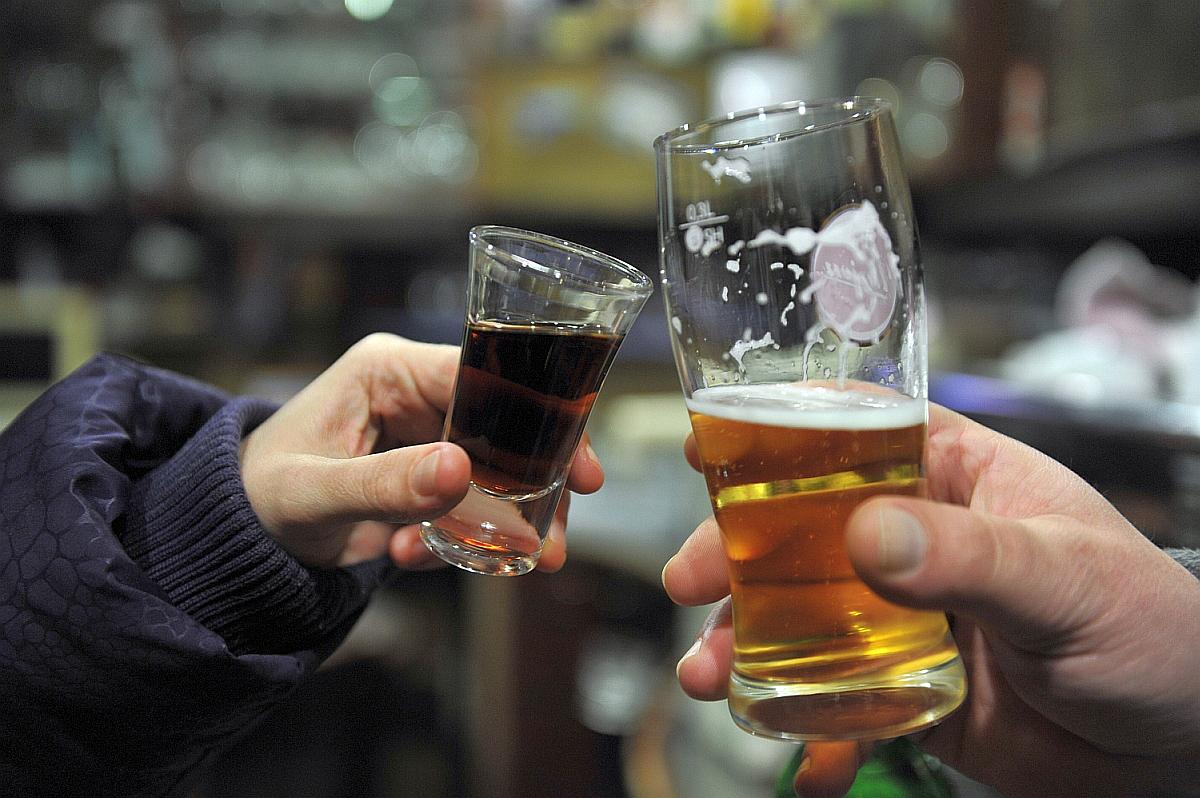
In mid-September the European Commission adopted an action plan to deal with the drinking and over-consumption of alcohol among young people in the 2014 – 2016 period. The plan caused an uproar – Croatian media wrote at length about it, as did some Slovene media. A heated debate is also taking place on web forums.
The plan highlights six areas with which it aims to reduce alcohol consumption. It also aims to reduce the accessibility to alcohol, and ensure a safe and healthy environment for young people. One of the proposals the European Commission sent out to its member states, is "to adopt, on a voluntary basis, an age limit of 25 or more as a reference age limit for checking the identity documents of a consumer."
"You don't look like you're 25, show me your ID!"
The public's understanding of the action plan is that the age limit for buying and drinking alcohol will be increased to 25. That is why we turned to the Ministry of Health, and asked them to explain the proposal sent out by the European Commission.
Their reply was that the action plan chapter, dealing with reducing the accessibility and availability of alcohol for young people, proposes that member states advise alcohol sellers to check the age of all those that look younger than 25, and not just of those that look under the legal age limit for purchasing alcohol in individual member states – which in Slovenia's case is 18.
"In Slovenia that would mean that sellers and providers of alcohol would ask for the identity cards of all those that look younger than 25 years of age. If it is discovered that an individual is younger than 18, then alcohol must not be sold to that person," they explained.
"Therefore the aim of the measure isn't setting new, higher, age limits for the purchase of alcoholic beverages. The measure only sets the age limit for checking an individual’s identity card," emphasized the Ministry of Health.
The ministry added that it was decided that the age limit for identity checks be 25 because the legal age limit for purchasing alcoholic beverages varies from one member state to another – from 16 and 21 years of age. The ministry also warned that the adopted action plan reveals the results of a research that show that the brain of a young person is not fully developed until the age of 25, which means that young people up to that period are more susceptible to the harmful effects of alcohol.
The National Institute of Public Health informs that it supports EU's efforts to reduce the frequency of drinking alcohol and its consumption among the young. The institute further presented a report on alcohol consumption among Slovenia's youth. The report shows that a large share of young people already have experience with alcohol – at a very early age. According to a research done by the institute more than half of those aged 11, 13 and 15 drink alcohol from time to time. More than a quarter of those aged 15 drink alcohol at least once a week. 44 percent of all male and 34 percent of all female 15-year-olds have been drunk at least twice in their lives. Slovenia's figures show that the country's young people are exposed to a more frequent consumption and higher concentration of alcohol compared to the international average.

































































